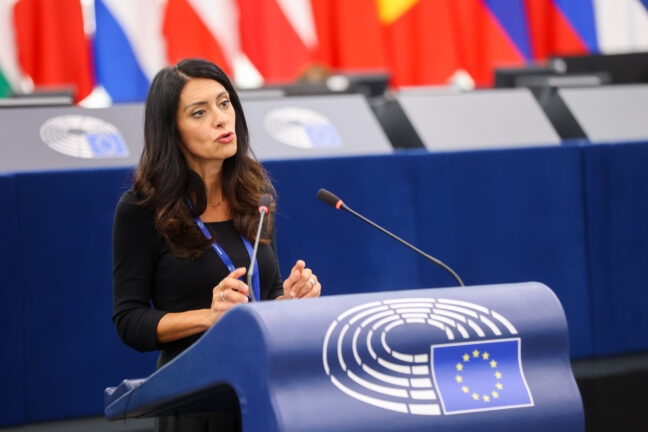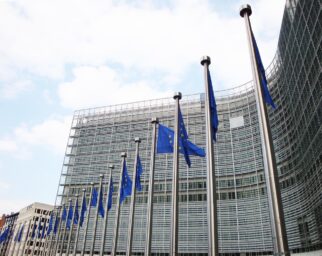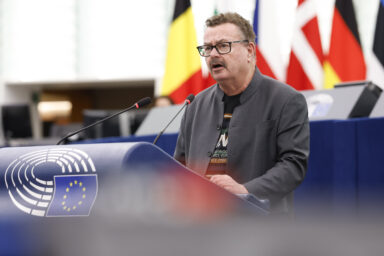Antisemitism and Islamophobia are rising sharply across Europe, with Germany emerging as a focal point of concern. Recent data and reports from EU agencies and civil society groups highlight a troubling normalisation of hate speech and discrimination, as far-right movements gain strength and social tensions deepen in the wake of the Hamas–Israel conflict.
For Germany, 2023 marked a turning point. Following the Hamas terrorist attack on 7 October, incidents of both antisemitism and Islamophobia surged, while support for the far-right Alternative für Deutschland (AfD) climbed to around 20 percent. The ripple effects are now visible in other EU member states, including Austria.
Although Europe is not directly involved in the conflict between Hamas and Israel, it is increasingly confronting a rise in racialised and discriminatory ideologies within its borders.
A persistent wave of hate
According to the 2024 annual report by RIAS, Germany’s antisemitic incidents have remained at alarmingly high levels since the attacks of October 2023. According to the report, the violence of 7 October and the subsequent war continued to provide an opportunity for many to express antisemitic opinions, attack or threaten Jews, and desecrate Holocaust memorials.
The European Union Agency for Fundamental Rights (FRA) paints a similarly troubling picture. In Germany, 68 per cent of Muslims reported experiencing racist discrimination in the past five years, while 96 per cent of European Jews said they had witnessed or personally experienced antisemitic incidents in the past year.
You might be interested
“Incidents in Germany nearly doubled in 2024, surpassing 8,600 cases. France reported more than 1,600 antisemitic acts annually, and in Switzerland, attacks nearly tripled between 2022 and 2023,” Vice-President of the European Parliament Pina Picierno (S&D/ITA) told EU Perspectives, following a parliamentary debate on the topic.
“The most recent data tell the story of a Europe facing a new wave of hatred,” Picierno added.
Far-right rhetoric fuels division
A CLAIM comparison across EU member states ranks Germany second only to Austria, where 71 per cent of Muslims reported lifetime experiences of racist discrimination. The rise of European nationalism and the growing influence of far-right movements such as the AfD are contributing to increased hostility toward both Jewish and Muslim communities.
RIAS observed that the antisemitic incidents recorded since October 2023 did not replace previous forms of hatred but added new layers to them. In 2024, the organisation registered more far-right-related antisemitic incidents than in any year since national monitoring began in 2020, including numerous acts of vandalism targeting Holocaust memorials.
Meanwhile, the Association of Counseling Centers for Victims of Right-Wing, Racist, and Antisemitic Violence (VBRG) documented 236 anti-Muslim attacks in 2024 — a 50 per cent increase compared to 2023. The figures illustrate how both antisemitism and Islamophobia are increasingly shaping daily life for minority communities in Germany.
RIAS also warned of political complacency: “There is a risk that policymakers will become desensitised to the growing number of antisemitic incidents, normalizing them in public discourse.” It took over a year for the Bundestag to pass a resolution on antisemitism — and not all democratic groups supported it.
What can be done?
Germany still falls short of fully implementing EU standards for protection against discrimination. According to CLAIM, modernizing the General Equal Treatment Act is essential to closing legal loopholes and ensuring that protections against racial and religious discrimination are “enforceable, not just theoretical.”
Beyond legislation, European leaders are calling for a cultural and political response to the spread of hate speech. According to Picierno, we must prevent these narratives from gaining “new citizenship in public spaces and ensure that fear does not again become the foundation of politics”.
“It means remembering that no freedom is genuine if it is based on the exclusion of others, and that memory — when left alone — is no longer a duty, but a danger.”











